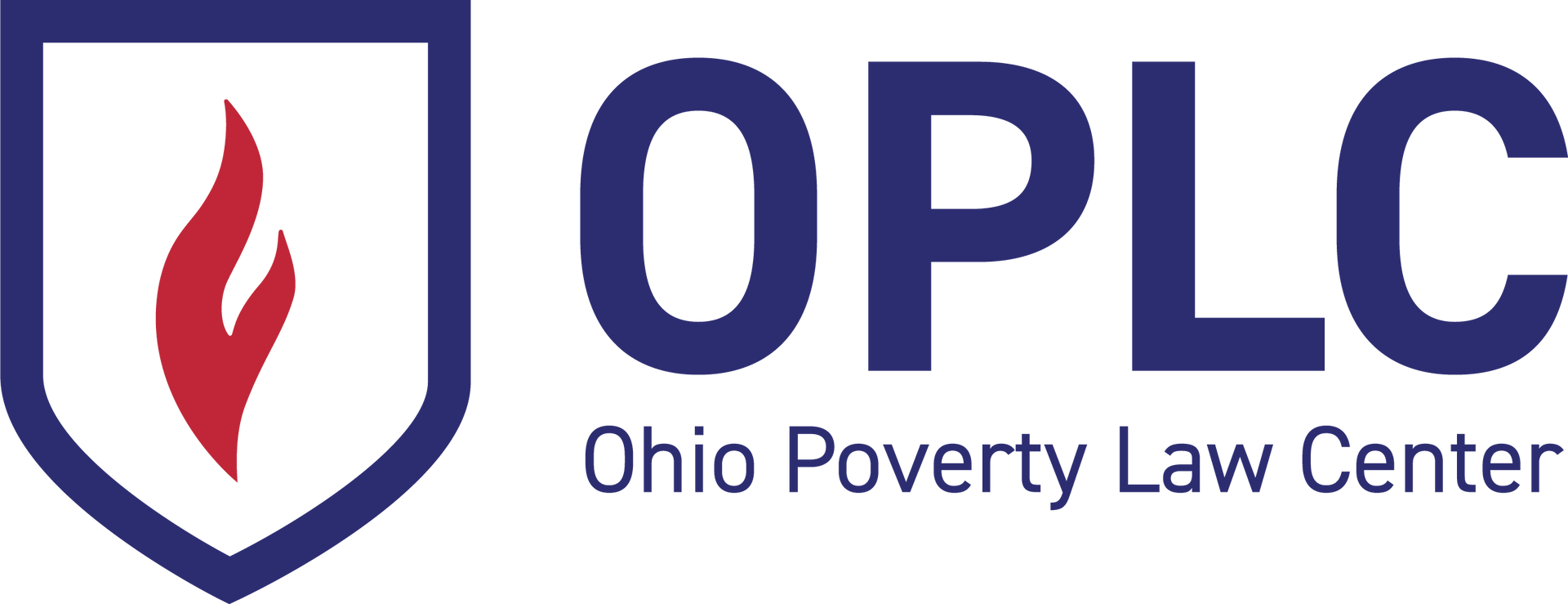HOW NOT TO TALK ABOUT POVERTY
HOW WE SHOULD CHANGE OUR MESSAGE AND LANGUAGE TO BUILD A MOVEMENT TO END POVERTY
WRITTEN BY MELISSA SALAMON, GUEST BLOGGER, OPLC SUMMER INTERN, AND 2L AT THE OHIO STATE UNIVERSITY MORITZ COLLEGE OF LAW
Our society continues to project an aura of negativity around the term poverty, but advocates are working hard to change the framework conceptualizing poverty in an attempt to make it a more approachable subject. To garner more support in the effort to end poverty, there is a consensus that we must change the way the public views it. There are a many tactics both organizations and individuals can engage in to improve the portrayal of poverty and its interpretation by the general public. First, we must examine what does not work, remove it from our approach, and replace it with what does work.
WHAT DOESN’T WORK
A number of methods have been determined to be unsuccessful in talking about poverty. While some of these methods might sound appealing, they fail to address the causes of poverty or to propose solutions. Experts have found that addressing poverty without a framework or organizing principle which might allow it to be seen as workable or approachable is ineffective. When no framing is presented with the concept people look to their own, often negative, ideas about poverty which prevents them from seeing the true issues or supporting changes that could improve the situation.
When framework is included, it is often focused on the individual case rather than the systemic causes of poverty. This creates a sense of compassion or sympathy for the individual, but can also allow people to see the case as an exception.
Even when poverty is presented in a collective manner the concept of othering or an us/them mentality becomes an issue. The ‘War on Poverty’ terminology perpetuates othering by portraying poverty as something to fight, something that has causes outside of our society. Poverty should not be presented in a manner that invites sympathy or as a crisis that needs to be attacked.
Another method that is often used, but should be avoided, is the overreliance on data. The use of bold statistics is not recommended because it can sometimes make the situation worse. Any language that categorizes people as poor perpetuates the “othering” mentality. Stereotypes and overgeneralizations should be avoided as well as the “deserving” and “undeserving” poor dichotomy. Even making a statement about the “deserving poor” creates/validates the idea that there are “undeserving poor” and should be avoided.
Current speech surrounding poverty fails to appeal to common values in society. When creating discourse about poverty we should try to promote the idea that poverty is not an us/them issue, but a we issue. Poverty affects everyone. Economic hardship does not begin at the poverty line, but affects people from a spectrum of income levels. When talking about poverty there should be no separation of them from us; instead, we should find common uniting factors that appeal to all. Look to core beliefs and use dominant frames to positively address the issue.
SO, HOW SHOULD WE TALK ABOUT POVERTY?
When framing poverty, try to tell a big picture story. Look to the macroeconomic causes of poverty, including unemployment and the economy, rather than the individual case or means-tested benefits issues. When talking about the War on Poverty from the 1960s, look further back to the increased unionization and the public infrastructure projects that helped decrease poverty rather than focusing on welfare.
Define the terms being used so that the concept being portrayed is not clouded by varying definitions. Use respectful, progressive, effective language. Use inclusive terms that foster the “we” concept.
Talk about the circumstances that cause behaviors rather than specific instances. Focus on solutions. Make the concept manageable and help people understand what they can do. Appeal to shared values. By making these small changes in the discourse about poverty, it may be possible to decrease the stigma surrounding it and create a common goal to eliminate poverty.
Other resources to check out:
Morgan sums up the variant view well
